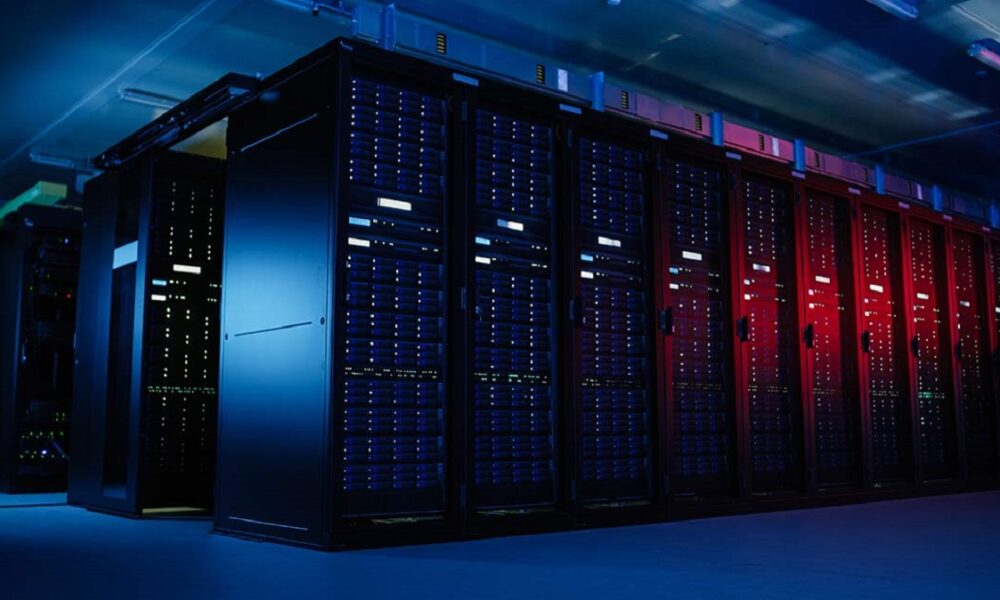Since I am a specialist in web hosting and have experience in dedicated server hosting in India, I would like to highlight the key aspect of transparent budgeting regarding this topic. In the long run, quite a few enterprises have been caught deploying either incomplete or oversized infrastructure which, to some extent, disabled their e-business operations.
The server hosting landscape of India is huge and vast, and the providers offer a wide range of pricing models and varieties in their service range. Establishing the best alignment will require evaluating your current and refined resource usages – CPU power, RAM capacity, storage space, and bandwidth needs. This is, however, just the tip of the iceberg because the dedicated server hosting price in India for the hardware is only one part of the overall cost.
A thorough explorative dissection of these multi-dimensional aspects is in order; thus, you will discover how to make a sensible and cost-effective strategic path for your dedicated server hosting solution coherent with the specifics of your business.
Cost – Prices for Servers
First and the foremost factor that needs to be considered is the cost, which is for the dedicated server itself. The prices can range significantly from one hosting company to the other along the lines of the server type you pick out. But blindly feeding money for the cheapest one may also not do a good job. It is up to you to decide how to spend the amount that you want to use, and at the same time make sure that the power and speed you need are met. Think about whether you would be happy to make a small one-time payment for a website that would then be very slow and hard to navigate one wants that! Consider devoting a little time to shopping around as well as to check your findings against some competitors and get you the right balance between price and quality of a good server.
Location – Where the Server Is
You have chosen the server, but still wondering, where it would be exactly located. A data center where your dedicated server exists is a pivotal aspect of the whole IT process. If the majority of your website visitors or users are in Mumbai, then you may experience downtimes or frustrating slow loading times if the hosting services are located in other places like Delhi or Bangalore. The server area becomes vital and as close as possible to your target audience to ensure the best speed. Location may influence the way you should protect data such as privacy laws you must adhere to at the given location.
Resources – CPU, RAM, Storage
In the same manner that you would when buying a new computer, you need to look into its internal components such as processor speed, memory, and storage space among others. This is to ensure that you won’t have a server that cannot handle your website traffic and user programs. After all, you don’t want to end up with a powerful system that is not working for you. Visualize the kinds of website/app platforms you are running today, the traffic you are receiving, and if you will need to expand in the future. Lastly, be in close collaboration with the server hosting company to arrive at the most suitable server specifications.
Bandwidth – Data Transfer Limits
Imagine your website or app gets massively popular and you have tons of people trying to access it at once. That’s awesome…unless you have limited bandwidth and can’t support all that traffic. Bandwidth is how much data can be transferred to your server at one time. If you go over your limit, your hosting company might intentionally slow down your site or charge you extra fees. Not cool. Do some research on your expected traffic levels, now and down the road, and make sure you have enough bandwidth to cover it.
Support – Technical Help
Even tech-savvy people need a helping hand sometimes when things go wrong. That’s why you’ll want your hosting provider to have good technical support options. Whether that’s 24/7 support via phone/email, an online knowledge base, or managed services for more hands-on help. Ask about their support staff’s expertise and how quickly they’ll respond when you need them. You don’t want to be stuck with website issues and no one to turn to.
Scalability – Can Grow
Your business is not going to be the same, plus (I hope so!). As your website becomes more popular you may find that the number of server resources you need will begin to increase substantially. Scalability is that by which you can increase your server’s capacity with a few clicks or more resources as and when needed. While choosing the plan, do not think about the necessities only at the moment. Similarly, you should also think about building a capacity for growth and whether the plan can easily adapt to accommodate your needs as they increase over time. And that will save you from the need to switch providers later.
Security – Keeping Data Safe
In this day and age, security comes first in order of any website. In this context, you are to safeguard delicate data such as customer details and payments. If your provider doesn’t have enough security measures such as firewalls, security monitoring, data encryption, and others, then it’s possible that your website can be hacked and breache. Here, don’t compromise, invest in that now, because the price of a security breach is way more than what you will pay for an initial purchase.
Compliance – Following Rules
Depending on your industry, you may have to follow specific data compliance rules and regulations. For example, healthcare companies need to comply with HIPAA, businesses taking credit cards need PCI DSS standards, etc. Not following these can lead to hefty fines and legal issues. Make sure your hosting provider can support your specific compliance needs from the start. It’s way easier than trying to get compliant after the fact.











